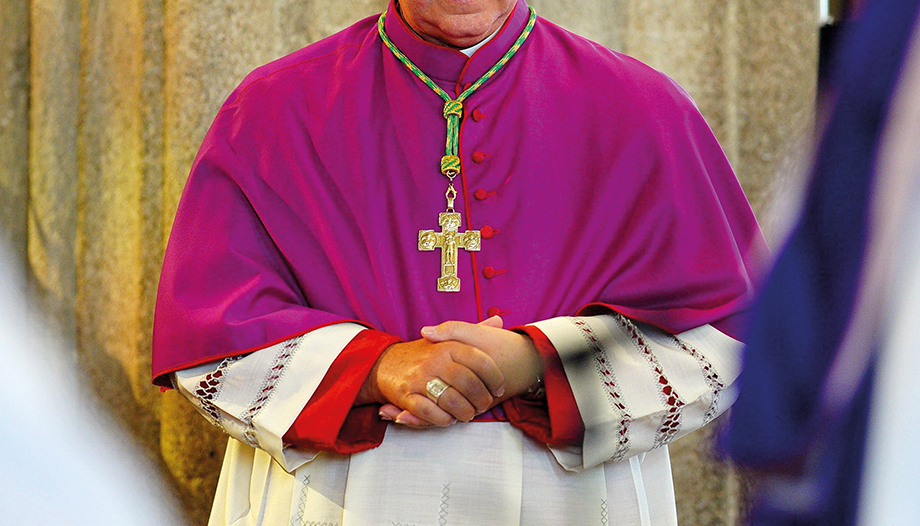In the speeches of Pope Francis, the call to all those who hold positions of responsibility in the Church to consider their position of government as a mission of service, of total abnegation and of example for others is not new.
The misunderstanding of this dynamic, simple in appearance, but which is complicated, generates a whole series of problems in the various associations of the faithful, from religious communities to parishes and lay movements, also because of the "distorted" models observed in society.
Precisely to the heads of these organizations, convened at the Vatican by the Dicastery for the Laity, the Family and Life, Pope Francis reiterated the urgency of redirecting the responsibilities of governance of these organizations, so as to avoid "cases of abuses of various types of abuseThe "realities" that have often occurred and, unfortunately, still occur in these realities.
In fact, the pope referred not only to those "ugly situations that make noise"such as the cases of sexual abuse, but also to "the diseases that come from the weakening of the foundational charisma, which becomes lukewarm and loses its attractiveness".
A culture of service
The cases of sexual abuse that have so shaken the life of the Church in recent decades are often united from the initial germ of "simple" abuse of power and conscience. The Pope had explained this in detail in his Letter to the People of God of August 20, 2018, and in the subsequent trip to Ireland.
It was on the occasion of the publication, in the previous days, of the more than 1,300-page report on abuses in six of the eight dioceses of Pennsylvania. On that occasion he wrote, overwhelmed with grief: "Looking to the past, it will never be enough to ask for forgiveness and seek to repair the damage caused. Looking to the future, it will never be enough to generate a culture capable of preventing these situations not only not to be repeated, but also not to find spaces to be covered up and perpetuated.".
He also pointed to clericalism, such as ".an unethical way of understanding authority in the Church"an attitude that "generates a split in the ecclesial body that benefits and helps to perpetuate many of the evils that we denounce today". Saying no to abuse is ".say a strong no to any form of clericalism".
Meanwhile, with regard to the governance of lay groups, a Decree was promulgated last June 11, signed by the Holy Father, which substantially reconfigures the positions of governance within these international organizations, establishing a term of office of five years, and a maximum of ten consecutive years, with the exception of the founders.
The creativity of love
At the meeting a few weeks ago, the Pope explained the reasons for this decision, which derive from ".the reality of recent decades". Hence the clarification that "the tasks of government that have been entrusted to you" "are nothing more than a call to serve".
And what undermines this mission of service is, above all, the "will to powerwhich can be expressed in many ways and ends up overriding any "...".form of subsidiarity" within the movements. The Pope cited cases of "general superiors who stay in power forever and do a thousand things to be reelected, even changing the constitutions.".
The other obstacle to true Christian service, is the "....disloyaltywhich leads to serving God and others by word of mouth, "...".but in reality we serve our ego, and we bow to our desire to appear, to obtain recognition, appreciation, etc., but in reality we serve our ego, and we bow to our desire to appear, to obtain recognition, appreciation, etc....". Instead, Pope Francis warned, "....true service is free and unconditional, it knows neither calculation nor pretense.".
"Like the many lay associations, despite the hard months of the pandemic and the countless restrictions, they have not given up."On the contrary, they have multiplied their solidarity, help and evangelical witness", the Pontiff acknowledged in his speech.with that creativity that is born of love, because he who feels loved by the Lord loves without measure".








